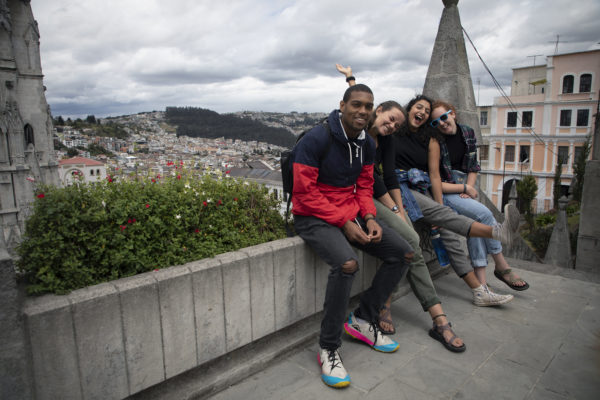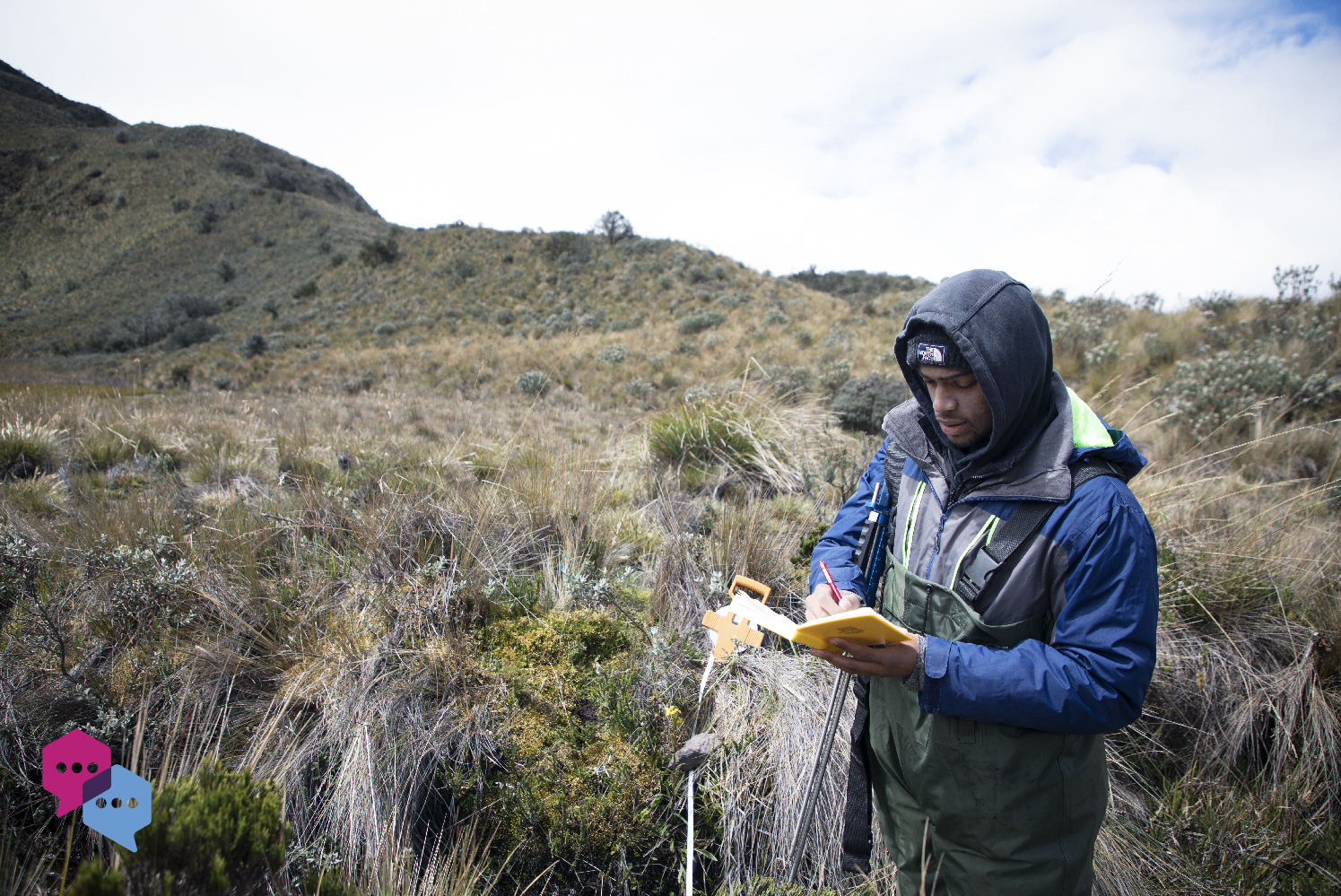Q: When you were a child, what was your response to this question: “What do you want to be when you grow up?”
A: A Supreme Court judge. I could envision myself wearing a long robe, gavel in hand, commanding the respect and silence of an entire courtroom. I wanted nothing to do with medicine or science. In fact, I distinctly remember saying that I would never want to be a doctor because they have terrible handwriting and I take my time when I write. As I grew older, I began to understand the severity of the health issues in our country and their impact on my family.
Q: Share the pivotal moment in your life that helped you choose your field of study.
A: Growing up, my family relied on the strength and resilience of my grandfather to make it from day to day or paycheck to paycheck. No matter what would happen, his resourcefulness and strong character was an example that our entire house adhered to and lived by. When he was diagnosed with pancreatic cancer, he never told us. It wasn’t until the disease had spread to a fatal point that he revealed what was happening. This shook me to my core. Before he passed, I decided I would utilize this as reason to ensure that no other person endure this feeling.

Nehemiah Stewart, Chloe Schneider, Maribel Herrera, and Megan Raisle enjoy a “rest day” in Quito, Ecuador, during their 2019 research trip studying watersheds in the Northern Andes Mountains with UNC geographer Diego Riveros-Iregui.
Q: Tell us about a time you encountered a tricky problem. How did you handle it and what did you learn from it?
A: I spent the summer in Ecuador with UNC geographer Diego Riveros-Iregui and a research team studying carbon in a watershed within the Cayambe Coca Ecological Reserve. One of my responsibilities was to measure water velocity to create a mathematical model that shows the amount of carbon released from a stream. But one of the devices I was using to do this was finnicky. The device itself was over 20 years old, and I constantly encountered issues with it. I finally utilized a combination of tape, strength, and prayer to make the device consistently work. I learned that I am capable of solving problems from the most complex to minor annoyances and not every solution is a matter of brute force, but can require a combination of planning, patience, and pressure.
Q: Describe your research in 5 words.
A: “The chemistry behind saving lives.”
Q: What are your passions outside of research?
A: I love to play basketball. I am on UNC’s JV basketball team, and each practice, no matter how difficult, is an honor. Other passions are music and writing. For two years, I have played the upright bass for UNC’s symphony orchestra and will be transitioning to jazz band later this year. If I stayed in the lab only, I would quickly lose joy in my research, and the monotony would deter me from doing my best work.


